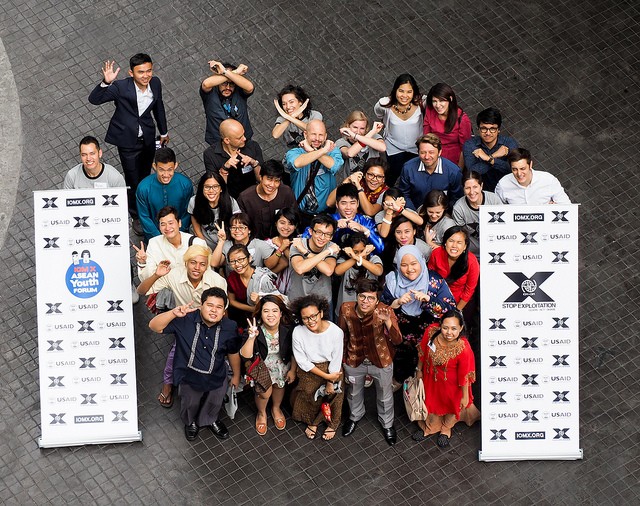
Human trafficking is the buying and selling of people for the purpose of exploitation. The issue of human trafficking is a global concern, which directly affects Asia. The United Nations estimates 56 percent of global human trafficking victims are in the Asia-Pacific region, with Southeast Asia and South Asia representing key sub-regions that supply trafficking victims to the rest of the world. The causes of human trafficking are linked to regional development challenges including limited education and employment opportunities, weak social safety nets, a tenuous rule of law, and ethnic and gender discrimination. USAID’s 2012 Counter-Trafficking in Persons Policy incorporates principles set forth in the U.S. Trafficking Victims Protection Act of 2000 and adheres to standards in the UN Protocol to Prevent, Suppress and Punish Trafficking in Persons, Especially Women and Children (“the Palermo Protocol”).
In coordination with other partner government's efforts, USAID focuses on two main areas of intervention to fight this transnational crime: enhancing public awareness and promoting effective governance solutions. USAID supports the IOM-X program, an innovative campaign to encourage safe migration and public action to stop human trafficking and exploitation. The campaign leverages the power and popularity of media celebrities alongside technology and social media to inspire youth and their communities to act against human trafficking. In addition, in November 2015, the Association of Southeast Asian Nations (ASEAN) will endorse and ASEAN Convention Against Human Trafficking. Through the ASEAN-U.S. Partnership for Good Governance, Equitable and Sustainable Development and Security program, USAID will support ASEAN member states to adjust legal frameworks to implement the Convention's provisions to support victims of trafficking, allowing better collaboration and coordination among countries to protect victims and prevent trafficking.







Comment
Make a general inquiry or suggest an improvement.